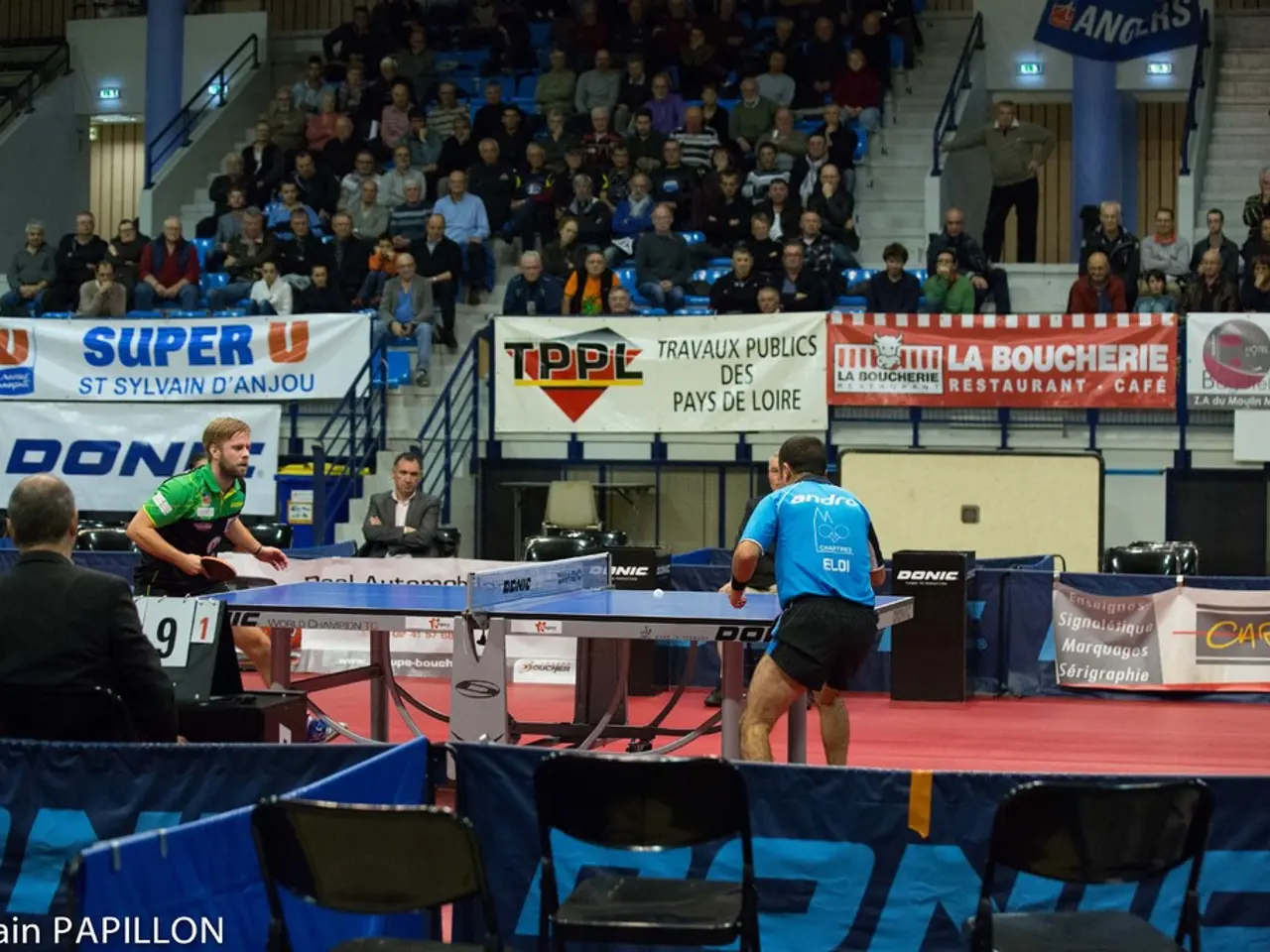Italy Discusses Electronic Sports Regulation Policy
In a surprising turn of events, Italian authorities, including the Customs and Monopolies Agency (ADM), recently raided several e-sports venues over the weekend. The eSport Palace in Bergamo, Italy, was one of the facilities affected, with gaming PCs, consoles, and all accessories being seized.
The current legal status of e-sports in Italy is that it is generally recognized and allowed, including e-sports betting which is legal in Italy as of 2025. However, it appears that the raids were likely related to enforcement actions against unlicensed or illegal gambling activities, including unauthorized e-sports betting or streaming.
Undersecretary of Finance Federico Freni has called for legal regulation of e-sports, believing it to be long overdue. E-sport is not gambling, but a discipline that is becoming increasingly serious, as shown by its inclusion in the Olympic program. E-sports is set to make its debut as a discipline at the Olympic Games in 2024, gaining reach and influence worldwide and in Europe.
The eSport Palace plans to challenge the raid and hopes for a reasonable dialogue with the ADM to clarify the situation and retrieve the necessary equipment. The owner claims there is no licensing procedure for gaming equipment, and the operation in Bergamo's popular gaming hall has been suspended due to the seizure of employees' equipment.
The eSport Palace's gaming offerings do not involve cash winnings and have no connection to gambling, according to the operator. The computers do not even have free internet access, making the use of other illegal gambling services impossible. Despite this, the Italian authorities have fined the eSport Palace up to 50,000 euros per device.
Parliamentarians have expressed support for the e-sport venues affected by the raids, questioning the actions of the Italian authorities. They argue that e-sport halls are important hubs for young people and should not be indiscriminately affected by the authorities' efforts to combat gambling.
Meanwhile, Italy is behind in the growing e-sports industry compared to other countries and needs to act quickly to capitalize on its potential. For example, there is a real e-sports boom in Austria, with more and more big brands getting into the area and founding their own teams. Gucci has recently entered the e-sports industry.
Italy has been intensifying efforts to combat illegal online activities that impact the sports and betting industries, such as piracy and unauthorized streaming, which cause significant financial losses to leagues and broadcasters. These efforts suggest a strong regulatory environment that might extend to policing e-sports venues to ensure legality and prevent illicit operations.
As the e-sports industry continues to grow and evolve, it is crucial for authorities to strike a balance between regulation and fostering an environment that encourages growth and innovation. The Italian authorities must ensure that their actions are guided by a clear understanding of the nature of e-sports and the need to protect young people while not stifling the industry's potential.
What's the rationale behind seizing gadgets like gaming PCs and consoles from e-sports venues if e-sports themselves are recognized and allowed in Italy, and modern e-sports halls, such as the eSport Palace, do not involve cash winnings or any connection to gambling? This situation suggests a need for better technology, sports, and legal understanding among Italian authorities.




